Research Leaders
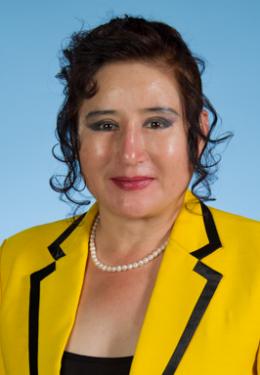
Prof. Dr. Elizabeth Chang
Head of Logistic Group
Email: e.chang@adfa.edu.au | Phone: +61 2 5114 5682
Professor Elizabeth Chang is a Professor of Logistics and IT and has been a Canberra Fellow at the UNSW at Australian Defence Force Academy since 2013 and has led the Defence Logistics Innovation and Information Dominance Research Group for the last 7-8 years. She has approx. 10 years as the Foundation Director for a number of centres of excellence and institute of excellence, as well as 10 years industry experience including as CIO/CTO in Hong Kong and Australia.
She has been a highly accomplished University Professor, apart from her duties in research, teaching and PhD supervision, at the same time, she takes on concurrent responsibility for fulfilling requirements from a large portfolio of Defence contracts, and several Industry funded projects. In both roles, she established, built, and maintained open lines of communication with external stakeholders, colleagues, students, and multi-project teams to ensure solid understanding of needs and issues of clients and delivery of the project benefits and return on investment.
She is an insightful project leader with an extraordinary aptitude for balancing a large and complex workload with competing deadlines, objectives, and priorities and the ability to deliver concurrent projects, products and services on time, within budgets and to the customer’s satisfaction.
Highlighted achievements include:
- She obtained 30+ research project contracts of over $20m from Defence, other public and private sectors funds including managing and delivery of 12 Australian Research Council ARC Linkage and Discovery Projects and several Centre and Institute of Excellence programs.
- She spearheaded the establishment of world-class teams and developed substantial IT project management frameworks, AI capability tools, and risk management methods, and is recipient of #1 place in Defence Innovation Competition Award among 104 entrants including major corporations on 4 Dec 2019 organized by the Department of Defence.
- She has supervised to completion 54 PhD students, received the 2020 Research Supervisor Award at UNSW, delivered 60+ Keynote/Plenary speeches, has published 8 authored books, 500+ papers with an H-Index of 57 (Google Scholar) and 17,000 citations of her work. In the 2012 edition of MIS Quarterly vol. 36(4) Special Issue on Business Research, Professor Chang was listed fifth in the world for researchers in Business Intelligence.
- She is an IEEE (USA) Fellow, possesses NVI Defence Clearance, negotiated, led and managed end-to-end project delivery of multimillion dollars Defence contracts, managed and delivered 10+ projects and been awarded 2 patents with the Defence.
She has acquired broad and extensive experience in overseeing and guiding execution of entire life cycle of each of the awarded projects from the management of digital transformation, business intelligence, to the process automation, operation compliance and financial risks, from mobile intelligence, 5G to cyber physical systems for Defence, logistics and supply chain industries.
She is an IEEE (USA) Fellow, has a PhD, MSc, and BSc in Computer Science, Software Engineering and IT project management.
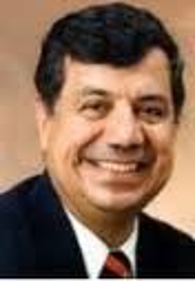
Prof. Dr. Tharam Dillon
Professor and PhD Supervisor, Data Science Expert
Professor Dr. Tharam Dillon was a Rector funded Professional Fellow in 2014-2016 and has been Adjunct Professor Fellow since then UNSW&ADFA. He enjoys a wide international reputation in the areas of Data Science, Machine Learning, and their applications to wide domains such as Manufacture, Health and Business Intelligence. He has a PhD in Electrical Engineering from Monash University.
His role in this project, he will lead Data Science and AI solution development for the entire effort of this hub project. He has been involved in 8 CASG and E&IG Testbed development in the last 6 years and is committed to the project life cycle.
His capability is demonstrated by his expertise in areas of knowledge engineering, object component-based conceptual modelling and design resulted in several innovative publications in these areas. He has published over 750 papers as book chapters in international and national journals (168) and refereed conference proceedings, written 9 books and edited 5 other books and published over 35 chapters in edited books. He also has wide administration experience being a foundation Professor in Computer Science and Engineering and the Dean of Faculty of Information Technology at the University of Technology Sydney (UTS). He has been an Editor-in-Chief of two international journals, namely the International Journal of Computer Systems Science and Engineering and International Journal of Engineering Intelligent Systems, and an Advisory Editor of the IEEE Transactions on Neural Networks in the USA. He is a Chair of several international technical committees and working groups including IFIP WG on Computational Intelligence.
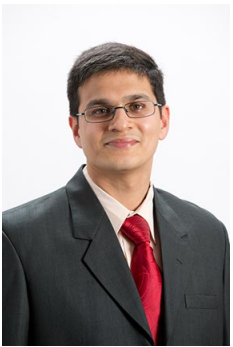
Assoc. Prof. Omar Khadeer Hussain
Assoociate Professor in Logistics
Email: o.hussain@adfa.edu.au | Phone: +61 2 5114 5687
Dr Omar Hussain taught a number of undergraduate and postgraduate degree courses in the areas of Business Intelligence and Logistics Informatics.
In research, he focus on solving real-world based problems by Business Intelligence techniques and Big Data Analytics Methodologies.
Dr Hussain has published an authored book on Risk Assessment and Management in the Networked Economy in 2013 by Springer. He has also published 5 peer-reviewed book chapters, 22 journal articles and 29 conference articles including two keynote papers. In the areas of Business Intelligence and Logistics Informatics, he has supervised 5 PhD students to completion and am the current supervisor of 5 PhD students. He has vast university-based administration experience as the postgraduate research coordinator between 2009-2011 in which I managed the administration of more than 50 HDR students at a time. His has also awarded a successful ARC Linkage grant in 2011 of total over $600,000.
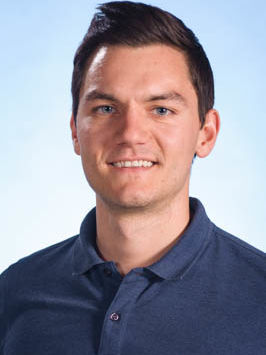
Dr. Florian Gottwalt
Technical Lead and Chief Technical Officer
Email: f.gottwalt@adfa.edu.au | Phone: +61 2 5114 5003
Dr Florian Gottwalt has a PhD in Cyber Security at UNSW@ADFA in 2019 under the supervision of Prof Chang and Prof Dillon and is a senior research fellow funded by CASG research contract at UNSW@ADFA. He has been technical lead and worked with the Defence funded project for the last 6 years and helped delivered the proof-of-concept DBE proposed in the Hub project with 8 Testbeds and winning of the 2019 Defence Innovation Competition Award in Garden Island.
Florian has been leading the team work on system and network architecture, design, and implementation. He also drives the cyber security agenda within the group.
His principal research is in the field of large-scale data analytics and system development, with a focus on network anomaly and intrusion detection. His PhD was on investigation and enhancement of techniques to secure cyber-physical systems and obtained Dean’s Best Thesis award in UNSW in 2020. Before joining UNSW@ADFA, Mr. Gottwalt did his master’s degree in cyber security at Queen’s University Belfast, Northern Ireland. A BSc degree in computer science and software engineering at the Hochschule Furtwangen University in Germany. He has awarded Canberra Scholarship, ACT Government, Establishment Scholarship, UNSW@ADFA and Centre for Secure Information Technologies (CSIT) Scholarship during his PhD studies.
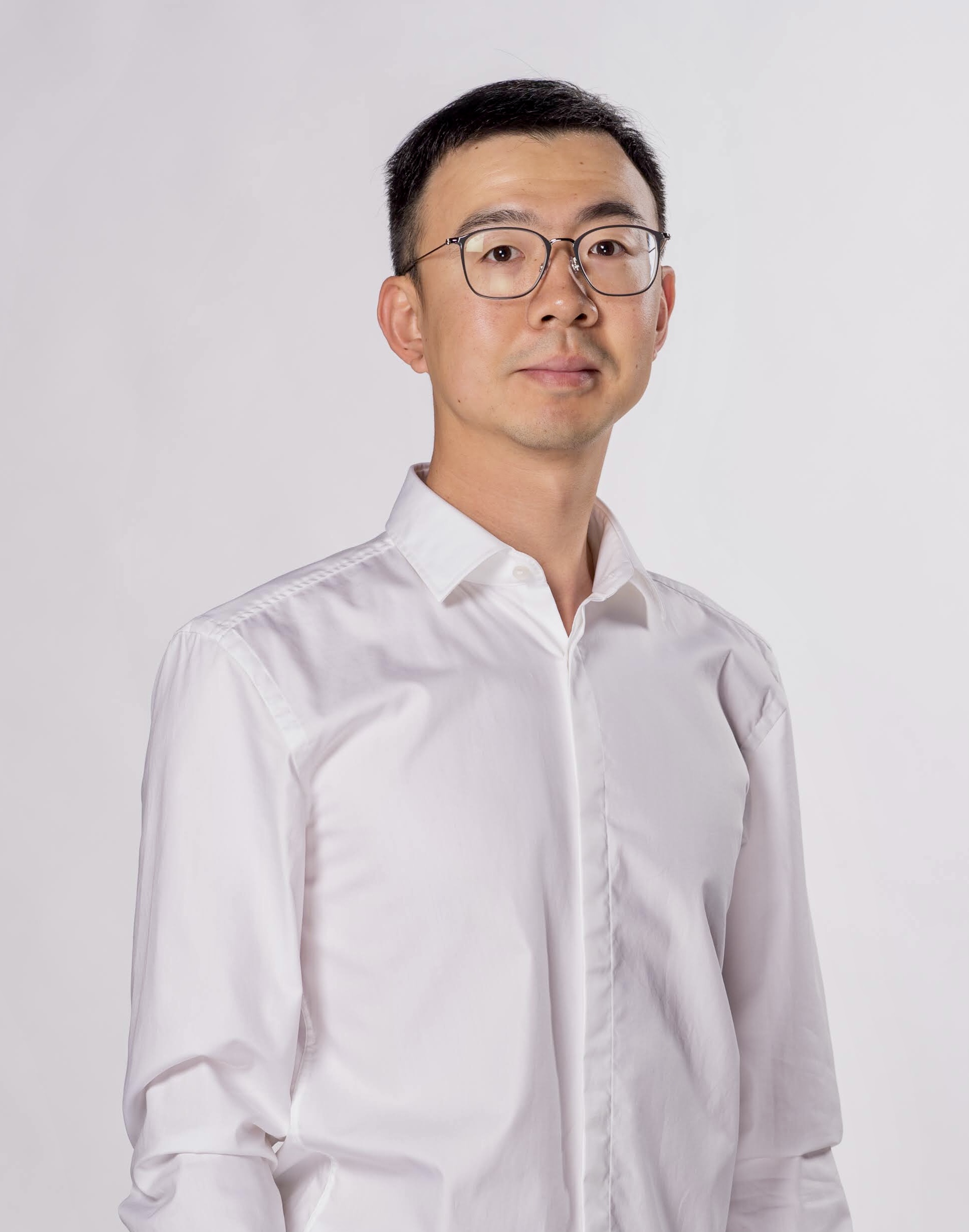
Dr. Yu Zhang
Student Projects and R&D Management
Email: yu.zhang@adfa.edu.au
Dr. Michael (Yu) Zhang is the academic and teaching support in the LIIDR Group at UNSW Canberra. He received his Ph.D. degree in Management from UNSW Canberra in 2020. His research focuses on Big Data, data analytics, ranking algorithms, information retrieval and knowledge management.
Dr. Zhang has published high quality research articles in prestigious journals and international conferences, including Journal of Informetrics (5-Year Impact Factor: 4.410. Ranked Q1 by SJR and A by CORE), Scientometrics (5-Year Impact Factor: 3.073. Ranked Q1 by SJR and A by CORE), the Conference on Information and Knowledge Management (Ranked A by CORE), the Pacific-Asia Conference on Knowledge Discovery and Data Mining (Ranked A by CORE), the AAAI Conference on Artificial Intelligence (Ranked A* by CORE), etc.
He completed the Graduate Teaching Training Program (GTTP) with merit in 2019, and co-lectures the course Logistics Intelligence and Big Data Analysis at School of Business, UNSW Canberra. The course receives great student feedback and high recognition in CASG Defence. He also co-supervises postgraduate students to publish research articles and apply for Ph.D. scholarships. He supervised Undergraduate Capstone projects three times at Sydney University (2017, 2019) and UTS (2018).
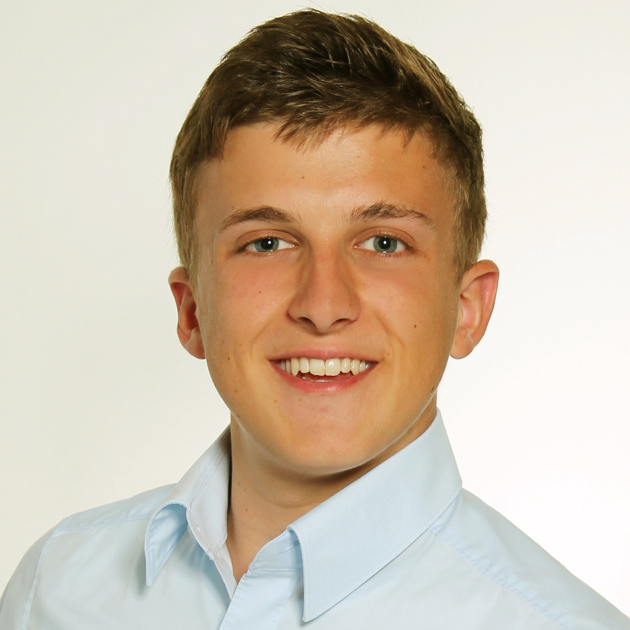
Marius Becherer
Trustworty Data Infrastructure Lead
Email: m.becherer@adfa.edu.au
Marius is a Ph.D. candidate at UNSW@ADFA, under the supervision of Prof Chang and Dr. Florian Gottwalt. He completed his BSc and MSc degrees with high distinction from Hochschule Furtwangen University in Germany. He has 6 years industrial experience and 8 scientific publications.
His role in this project will be building the enterprise trust centre within DEB and IDP. He is committed to work part-time to the entire life cycle Hub project.
He is part of the team under the CASG DoD funded project for system prototype development. His Ph.D. study focus on using private blockchains to secure enterprise data and information systems, particularly, he focusses on the insider threats and engineering a trust framework for enterprise data security.
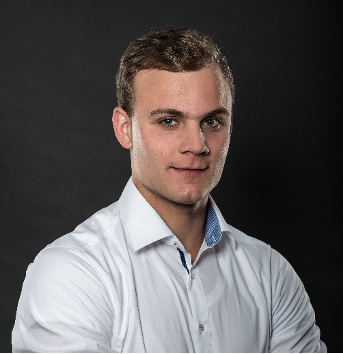
Michael Zipperle
AI Implementation Lead
Email: m.zipperle@adfa.edu.au
Michael is a Ph.D. candidate on Cyber Security at UNSW@ADFA, under the supervision of Prof Chang and Dr. Florian Gottwalt. He was awarded a prestigious CRC-Cyber Security Centre Scholarship for his studies. He completed his BSc and MSc degrees in computer science and software engineering with high distinction from Germany. He has 10 years national and international industrial experience, with one best paper award in 2020 on AI algorithm design for CASG funded project.
His role in this project will be the lead of AI development for DBE and is committed to work part-time to the entire life cycle Hub project.
He is part of CASG DoD funded system prototype development and made strong contribution to the development of AI techniques for Defence national vehicle sampling and E&IG project which helped wining of the 1st place in Defence CASG Innovation Competition on the 4 Dec 2019, Garden Island, Navy base, Sydney. Michael has published 10 research articles in international journals and conferences in the area of AI, big data and cyber security. In his Ph.D. work, he is working on new methods to reduce the false alarms of intrusion detection systems.

Cam Cook
Mobile Security Lead
Cameron has been mobile security lead for the CASG funded project for 3 years. He had BSc with 1st Class Honours as well as MSc in Computer Science from La Trobe Uni. Cameron has involved in the 10 field trials and UAT testing for the testbed 4-8 at Defence bases in 2018. He also helped develop the mobile security and its integration with Defence existing systems on DRN/DPN.
In this project, he will act as the front-end mobile security and interface lead. He is committed to work part-time the Hub project for the entire life cycle.
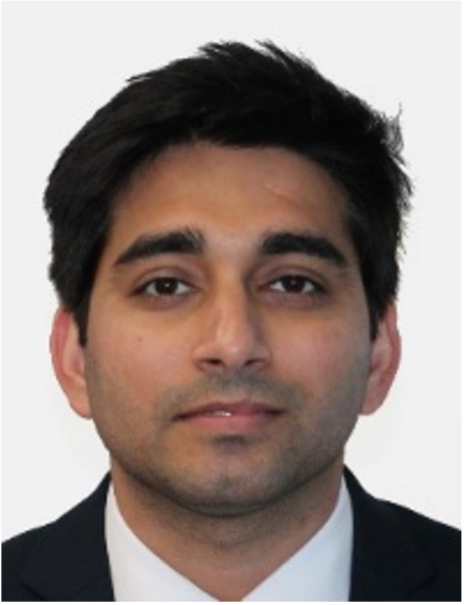
Ishan Jaidka
IDP Portal User Interface Lead
Ishan has Bachelor’s in Computer Science & Engineering and Master’s in Information Technology. He has been working on CASG funded research contract with Prof Chang for 4 years at UNSW@ADFA. He helped deliver all system prototypes on time and within the budget.
In this project, he will work full time and focus on front-end IDP portal design and user interface implementation. He is committed to work on the Hub project end to end.
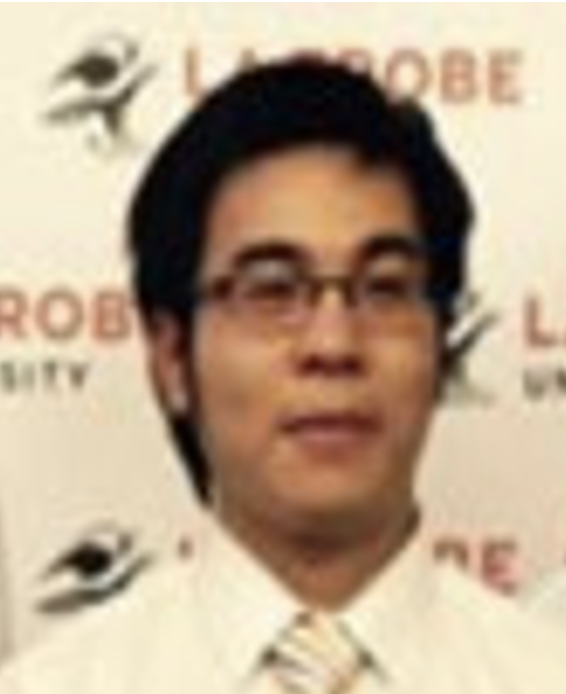
Lam Chau
Data Lake and Elastic Search Lead
Lam has Bachelor’s degree in Information Technology from La Trobe. He has been working on CASG funded research contract for 4 year and helped deliver 8 different system testbeds.
In this project, he will work full time focus on backend Data lake and Elastic search, help data migration, data quality and data cleansing. He is committed to work on the Hub project end to end.

Thien Bui-Nguyen
Blockchain Lead
Thien has a Bachelor of Advanced Computing with Honours from ANU. He has been working with Prof Elizabeth Chang in the last 3 years and help develop Blockchain data ecosystems and technology.
In this project, he will be the lead for Enterprise Blockchain, developing Hashing techniques, support single source of truth development and Blockchain security Key management.

Professor Dr. Richard Mark Soley
CEO of the Object Management Group, Inc. OMG®, USA
Dr. Soley has been working with the group for over 20 years, they have three joint ARC project funds, several joint publications and several joint PhD graduates.
As Chairman and CEO, Dr. Soley is responsible for the vision and direction of the world’s largest consortium of its type. He joined the nascent OMG as Technical Director in 1989, leading the development of OMG’s world-leading standardisation process and the original CORBA® specification. In 1996, he led the effort to move into vertical market standards (starting with healthcare, finance, telecommunications and manufacturing) and modelling, which led first to the Unified Modelling Language (UML®) and later the Model Driven Architecture (MDA®). Previously, he was a co-founder and former Chairman/CEO of A. I. Architects Inc., makers of the 386 Humming Board and other PC and workstation hardware and software. Prior to that, he consulted for various technology companies and venture firms on matters pertaining to software investment opportunities. He has also consulted for IBM, Motorola, PictureTel, Texas Instruments, Gold Hill Computer and others. He began his professional life at Honeywell Computer Systems working on the Multics operating system. A native of Baltimore, Maryland, U.S.A., Dr. Richard holds Bachelor, Master and Doctoral degrees in Computer Science and Engineering from the Massachusetts Institute of Technology.
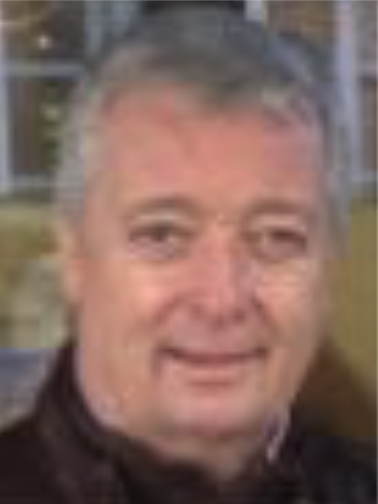
Mr. Paul Wilson
NATO Support Agency
Paul Wilson is a dedicated Logistics Manager in the NATO Support Agency who has delivered innovative Logistics solutions throughout the world often in challenging and hostile environments - vastly experienced in Logistics planning and Logistics execution at the strategic, tactical and operational levels. Mr. Wilson has delivered Logistics lectures, presentations and briefings to government ministers and senior Management staff to director level. He has engaged with Prof Chang and offered a number of times to NATO base visit. In addition, he is an experienced Logistics Manager at the ‘hands on’ operational level who is used to working within tight time frames and financial budgets throughout Europe, Africa, the Middle East and Asia. As a Senior Logistics Officer in the NATO Support Agency, Mr. Wilson is responsible for current and future operational Logistics support strategy. He is also responsible for the tactical implementation of asset management and supply chain support for military operations in Afghanistan.
Served as Head of Office for two years in Kabul, Mr. Wilson was actively involved in the design and implementation of contractual statements of work, undertook Management authority for customs verification of materiel inbound for NATO. He had overall senior management responsibility for the performance of all Integrated Logistics Support Services contracts to the international airport and military airbase.
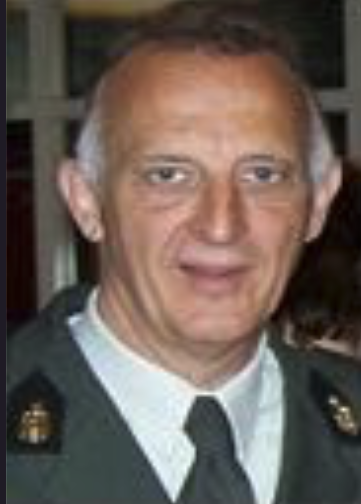
LtCol Pedro Jooren
Dutch Military
LtCol Pedro Jooren has supported the LIIDR group with all his logistics training packages from Netherland, and helped lift the Logistics training course design in ADFA. He is Head of Logistics operations Defence Operation Centre in The Hague. At the moment, the branch is dealing with the Logistic support of the redeployment ISAF AFG, the mission in Turkey, the deployment of Dutch Military Forces in Mali and 14 other missions. He works on the Ministry of Defence in The Hague as point of contract for Land materiel issues and several Logistics projects.
LtCol Jooren graduated from the Military Academy Breda and chose to serve with the Ground Forces Technical Service. His military education includes completion of the Junior Staff Course, Staff College and Advanced Military Studies Course.
In 1999, he became Head of the Planning Department of the Logistic Training Centre in Bussum. He then was actively involved in his own time with several professional courses. Due to his study efforts, he became Head of the Planning and Control Section of the Defence Materiel Organisation in The Hague in 2002. During his command he was sent to Afghanistan from 2006 to 2007.
In 2008, he became project leader on the Army Staff in Utrecht. The main projects were the implementation of Weapon System Management in SAP (ERP-application) and custodian of several NATO documents under which Combat Service Support and Transport.

Professor Dr. Ian Sommerville
Father of Software Engineering, Lancaster University
Professor Ian Sommerville is a Professor in Software Engineering and was a Head of Department in Computer Science at Lancaster University, UK. He has been visiting Prof Chang’s research group, providing keynotes, exchange researchers between UK and Australia, and had several joint international scientific publications and two joint ARC linkage projects in the last 18 years.
He is a leading expert in Software Engineering whose books on Software and Requirements Engineering have been widely cited and adopted worldwide. Due to his strong background in the above areas, Professor Sommerville is one of the top international experts in the field of Software Engineering. His book, ‘Software Engineering’ 6th Edition, is arguably the most widely used book in advanced Software Engineering courses throughout the world. Professor Sommerville has been involved in Software and Systems Engineering research for more than twenty years and is widely published in this field. His research interests include CASE tools and environments, Software Design, requirements Engineering, human, social and organisational factors in Software Engineering, decision making for System Engineering and System Dependability. His research work is funded by the Engineering and Physical Science Research Council and the European Commission. He has over 120 publications in both high quality refereed international journals and international conferences.
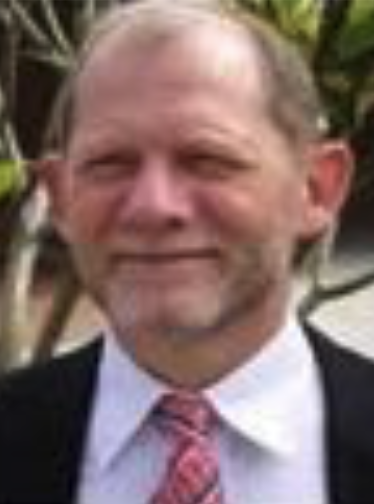
Professor Dr. George Fodor
ABB AB, Sweden, Head System Development, Process Automation. Orebro University, Sweden, Adj. Professor Intelligent Systems Western Michigan University, Adj. Professor ECE
Dr. Fodor holds a Ph.D. in Computer Science from Linkoping University in Sweden. He held different positions at ABB Automation Technologies in Sweden, currently being head of the Systems Development department. He is Adjunct Professor at Orebro University, Sweden and Western Michigan University, USA. He is founding Editor-in-Chief of the IEEE Transactions on Industrial Informatics and member of the organising committees of several technical conferences in Automation, Intelligent Control and Human Interaction (INDIN, EIT, VECIMS). His research interests and publications are in the field of Automation, Intelligent Systems, Discrete Fault Detection and Isolation, Fuzzy Systems, and Ontological Control. He has published 1 book, 45 conference articles, 5 journal papers, 3 patents, and has been a supervisor for a number of Ph.D. students.
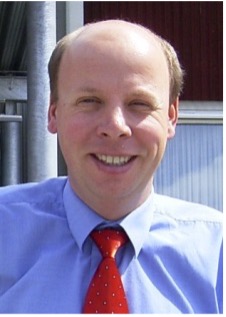
Professor Dr. Achim P. Karduck
Hochschule Furtwangen University, Germany
Professor Achim P. Karduck is a Professor for Telematics at Hochschule Furtwangen University, Germany. He has been the key resources to bring the top graduates from Germany, France, Austria and US to Professor Chang’s research group in the last 20 years.
His research activities are in the area of Software Architectures and Telematics, Collaborative Systems, and Digital Ecosystems. Often, the research is being done in conjunction with industrial partners and international research centers (such as Daimler Research, SAP Research, Fraunhofer Institute). He has lectured and researched internationally at Tongji-University Shanghai (China), Universidade Federal de Santa Catarina (Brazil), and the Grand Ecole EMAC (Albi, France). He has been appointed as Adjunct Professor at Curtin University of Technology, DEBII, in 2009.
Professor Karduck has chaired and co-chaired e.g. several “CollECTeR Europe” (Collaborative Electronic Commerce Technologies and Research) conferences, tracks at IEEE DEST (Int. Conf. on Digital Ecosystems and Technologies), IEEE ICEBE BIMA Workshops (Int. Conf. on e-Business Engineering; Business Intelligence Methodologies and Applications), PACIS on Collaborative Business, and holds editorial board memberships, e.g. JTAER (Journal of Theoretical and Applied Electronic Commerce Research).
He was General Co-Chair for IEEE DEST 2010 in Dubai and has been Special Session Chair for DEST 2009 in Istanbul. At DEBII, his research focuses on the intersection between Collaborative Systems and Sustainability Support for Digital Ecosystems, e.g. for e-Energy, Online (Business) Communities and Logistics. Professor Karduck holds a Diplom degree in Computer Science (comparable to B.Sc. Hons.) from Furtwangen University (Germany), a Master of Science degree in Man-Computer Systems from DeMontfort University (UK), and a PhD in Telematics/Economics from Freiburg University, Germany.
Before his University career, he headed the Innovation Department for New IS of Swiss Bank Corporation in Basel, Switzerland. Subsequently, he was appointed Head of UBS Private Banking New Technologies US in New York, USA.
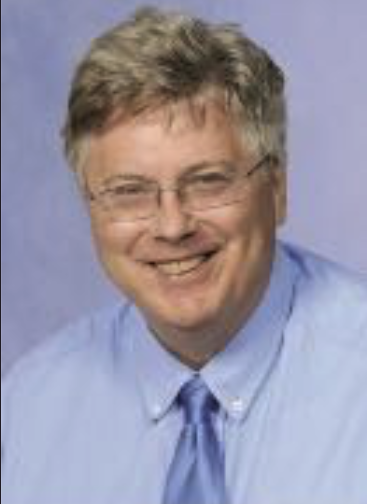
Professor Dr. David Seelow
Excelsior College in New York, USA
Dr David Seelow is Founding Director at Centre for Game and Simulation-Based Learning at Excelsior College in New York, USA. He hosted Australian Defence personnel end-user and Prof Chang’s visit in Washington in 2017, conducted 2 days’ workshop and bring the best game engineering companies in USA to give talks on Game-based education and is the world-renowned author and designer for Game-based teaching and learning.
His area of expertise lies in Game and Simulation-Based Learning, Educational Computing, Writing Programs, Instructional Technology and Distance Education, Online Training and Teaching and Course Development.
Dr Seelow has more than twenty years’ experience in the higher education classroom and also wide experience in the online educational environment working with a wide variety of interdisciplinary courses and writing programs. In addition to course development, he also has expertise in both instructional design and instructional delivery. Recent work includes the promotion of Games Based Learning and the design, funding, and operation of multimedia student support services around writing skills for a national audience of lifetime learners at all levels of the educational spectrum.
In 2014, Dr Seelow founded the Center for Game and Simulation-Based Learning at Excelsior College, which aims to provide a transformative model for learner success through the expanding field of educational games and simulations. The Center promotes the use of games and simulations in learning including the design of highly innovative game based online courses and the integration of deeply engaging games and simulations in existing online courses. In collaboration with Professor Elizabeth Chang, his future plans are to build up a game-based learning initial Training for the Australian Defence.

Professor Dr. Bill Smyth
McMaster University, Canada, Head of Centre for Stringology in DEBII
Professor Smyth is the leader in Stringology Research in the world. Over the last 20 years, his main research area has been text searching algorithms; that is, computing exact and approximate patterns in strings. This is a rapidly growing research area because of its numerous applications in the areas of bioinformatics, data mining, security monitoring, data compression, cryptography and many others. Since 1985, he has authored or co-authored more than 100 research articles in international journals and conference proceedings and his research monograph, Computing Patterns in Strings, appeared in 2003 and serves as the main text for several graduate courses around the world. He appears regularly as chair or member of conference program committees concerned with combinatorial algorithms and has in the last few years edited or co-edited several special issues of international journals. In addition, he holds appointments at King’s College London and McMaster University and regularly supervises several postgraduate students at Master’s and Doctoral levels. At McMaster, he is Director of the Algorithms Research Group and is currently the recipient of several research grants in Canada, Australia and the UK.

Professor Dr. Ernesto Damiani
University of Milan, Italy
Ernesto Damiani has been working with the group for over 20 years. He is a full professor at the department of information technology of the University of Milan, Italy. He has held visiting positions at several international institutions, including George Mason University (USA), and is an adjunct professor at the University of Technology, (Australia). Prof Damiani coordinates several research projects funded by the Italian ministry of research, the European commission and by a number of private companies including CISCO, St Microelectronics, Siemens Mobile and BT exact. His research interests include knowledge extraction and metadata design, advanced software architectures and soft computing. On these topics he has filed international patents and published more than 200 refereed papers in international journals and conferences. Ernesto Damiani is the vice-chair of the IFIP WG on web semantics (wg 2.12) and the secretary of the IFIP WG on open source systems (wg 2.13). He is the author, together with W. Grosky and R. Khosla, of the book “Human-Centered e-Business” (Kluwer 2003). In 2000, he was the recipient of ACM SIGAPP outstanding service award.

Professor Dr. Peter Ellyard
Chairman, Preferred Futures Group, Australia
Professor Ellyard was the Chair of Prof Chang’s Research Centre and Institute from 2008-2013. He is the author of the bestselling book “Ideas for the New Millennium” (1998, 2001) and “Designing 2050: Pathways to Sustainable Prosperity on Spaceship Earth (2008)”. He has been a Senior Adviser to the United Nations system for more than 30 years including to the 1992 Earth Summit where he was a senior advisor on both the climate change and the biodiversity conventions. He is also a Director of Green Cross Australia. He is Adjunct Professor at University of Queensland. He is a senior consultant to the UNEP, UNDP and UNESCO. A Fellow of the Australian College of Educators, a Fellow for the Environment Institute of Australia and New Zealand and a Fellow for the Australian Institute of Management. He is the former Executive Director for the Australian Commission for the Future. He held CEO positions in a number of public sector organizations over 15 years and Chief of Staff of an environment minister in Canberra for 3 years.
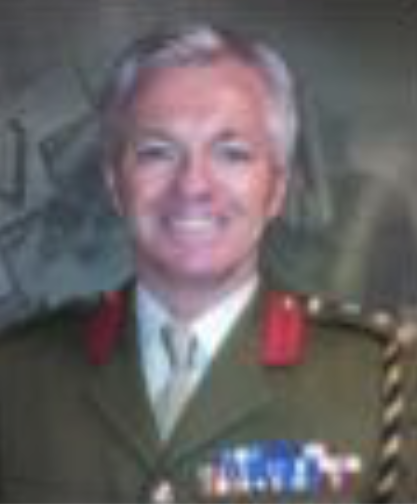
Brigadier Mark Dunn
Former UK MOD, Visiting Fellow
Brigadier Mark Dunn has visited the Defence and Bases, ADFA and the Logistics Research group and delivered over 30+ presentations, workshops and across Victoria, USW and ACT. He was the head of support chain engagement DOM-UK, an IOD Chartered Director, a FCILT and FCMI and he was appointed as Honorary Regimental Colonel of 159 Supply Regiment RLC. Brigadier Dunn was a visitor to DMO, JLC and ADFA.
Brigadier Dunn enlisted into the Army in 1976. In 1994 he was appointed OC 31 Sqn RLC, serving for 6 months in Bosnia, 2 months on a sub unit exchange with the Spanish Army and Ex LION SUN in Cyprus followed by serving in HQ LAND as SO2 Logistic Support (Policy/O&D). Promoted Lt Col in 1998 he was posted to PJHQ (UK) as the SO1 J4 (Land) leading on logistic operations in the Balkans. He deployed for a short tour to Bosnia as Chief of Staff, HO BRITFOR to set up the new UK National HQ. In 2000, he moved to HQ DLO as MA to DG Operations in the DLO’s Foundation Year, providing support in response to the 9/11 attacks (OP VERITAS), the Foot and Mouth outbreak, and initial operations in Afghanistan.
From 2002 to 2005 he commanded 9 Supply Regiment RLC. He deployed on Op FRESCO (Firefighting) and commanded 1000 personnel and the Al Zubayr Logistic Base on Op TELIC in Iraq, which included 3 months commanding Task Force IX, a group of 250 of his soldiers that undertook GS infantry and escort duties in BASRA. He gave Hullavington Station an Army Focus by changing the name to Buckley Barracks. In 2010, he deployed to OP HERRICK as Commander BASTION, coordinating security and life support for the UK’s largest Operating Base in the World. In late 2010, he joined Support Chain Management in Abbey Wood as Deputy Head Policy and Compliance, coordinating the writing of new Policy for the introduction of MJDI and BIWMS and formulating strategy such as the new UID. Since 2012, Brigadier Dunn took over the appointment as Head of Support Chain Management at a particularly busy time where his focus will be on ‘rightsizing the Defence Inventory’, the drawdown from the codename under which all British operations in the War in Afghanistan (Op HERRICK) and restructuring the Business Unit in line with SDSR (Strategic Defence and Security Review) and provide Support Chain Engagement with responsibility focussing on engagement with all stakeholders (the Front Line, Defence Equipment and Support and Industry).
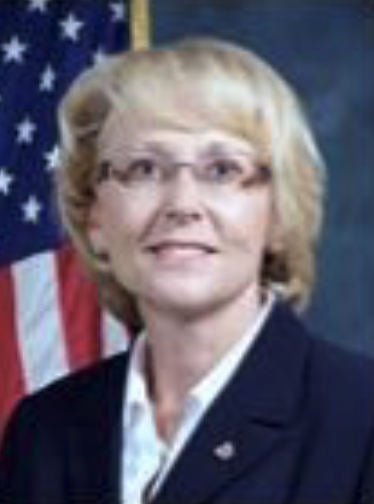
Professor Helen A. Remily
CoE, US Army VA, USA
Helen A. Remily has been on exchange worked for the Department of the US Army for over thirty years in a wide variety of assignments such as Office of the Deputy Chief of Staff for Intelligence, Headquarters, Department of the Army and Joint Task Force-Five. She also held assignments as an instructor for Intelligence Analysis, Intelligence in Combating Terrorism Counteraction, Counterdrug programs, and held the position of Senior Army Representative for the DoD Strategic Debriefing Training Division. Ms. Remily developed new staff and faculty curriculum, designed resident and distributing learning programs of instruction, and analysed the efficacy of education and training products and programs for the United States Military Intelligence (MI) Community. Her expertise in education resulted in the seamless development and integration of cultural awareness and contemporary operating environment curriculum within programs of instruction at the Army’s Intelligence Center. This initiative lead to TRADOC’s recognition of the Intelligence Center as the focal point for cultural awareness education and training development for all proponent schools. Ms. Remily’s efforts resulted in securing senior-level support and resources to establish the University of Military Intelligence, a web-based learning environment for MI DL products. She also secured resourcing through the Army Studies Program in support of an intelligent tutoring system for mission analysis, which immersed the learner in a 3-D environment melding intelligent tutoring techniques and collaborative learning tools with constructive learning theory to improve critical thinking and problem solving skills.
Ms. Remily is greatly involved in Army education and training. She co-authored and presented several papers on learning and education technology, one of which was nominated as best paper out of 200 during the Interservice, Industry, Simulation, and Education Conference.
